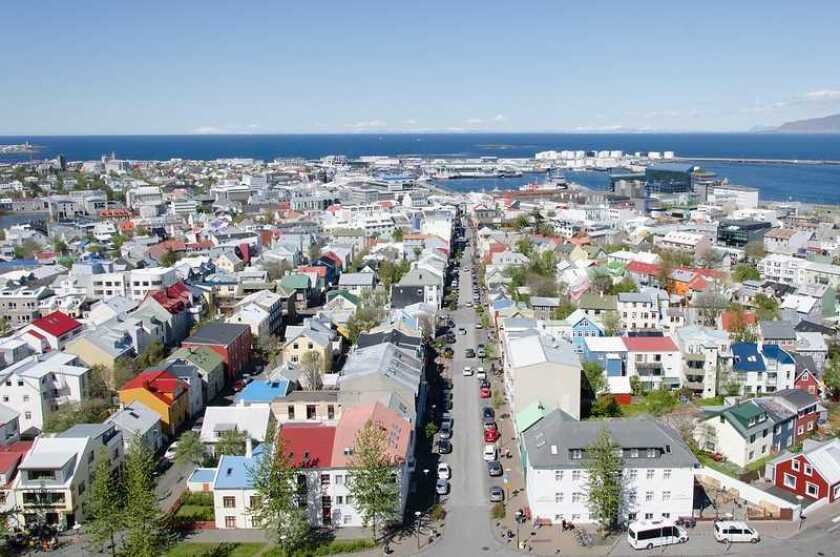Neyðarlínan ohf is to install the zero-emission GenCell A5 off-grid power solution at its Emergency Communications System (ECS) station on the outskirts of Reykjavik (pictured) to back up its current power supply and replace the grid in remote locations.
Neydarlinan ohf CEO, Thorhallur Olafsson, explained: “Here in the challenging climate and weather conditions in Iceland, we have deployed many different power solutions in an effort to ensure uninterrupted power for our networks and more recently in efforts to transition to clean renewable energy sources."
By extracting hydrogen from liquid ammonia – an effective carbon-free hydrogen carrier –GenCell A5 will provide 24/7 primary power to the ECS station. The unit is being shipped from Israel and is expected to reach Iceland in February.
“We are committed to delivering highest quality of service to our customers and to do so we rely on resilient, robust power. The versatile A5 stand-alone power source will not only back up our electric grid during outages and in dense network conditions but will also replace the grid in remote locations, and it will do this while helping us meet our sustainability objectives. We look forward to positive results of the advanced testing unit to expand the A5 deployment,” he continued.
Neyðarlínan ohf operates Iceland's ECS, including the national emergency number 112, the National Tetra Telecommunication Service and the Icelandic Maritime Service.
Olafsson added: "Especially now during the Coronavirus, we recognise that our customers – and among these especially our first responders – are in need of emergency access and continuous connectivity, including connectivity for critical applications such as our 112 emergency number, medical facilities, communications between emergency service providers as well as other public and private institutions that rely on mobile networks for e-commerce, remote work, tele-learning and many other digital services."





